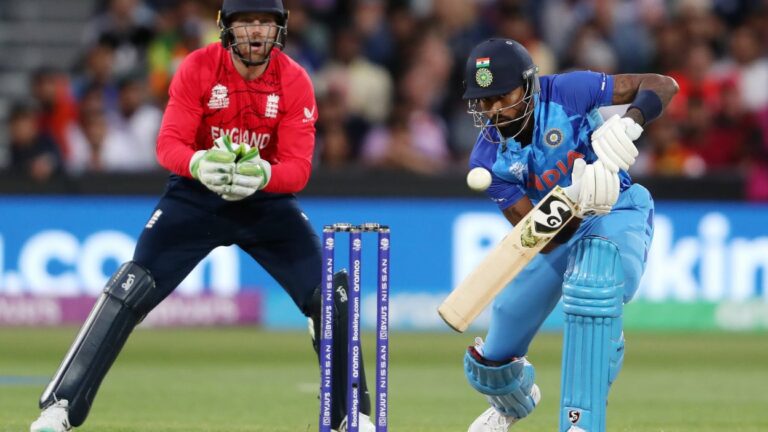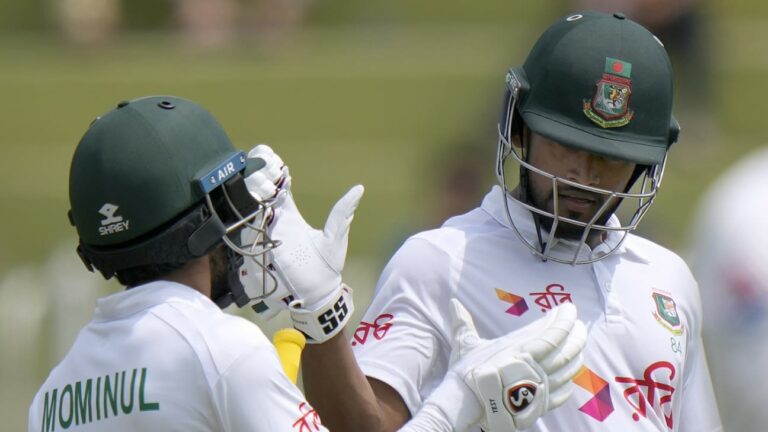The Importance of Ethics in Cricket Journalism
play 99 exch, lotus bhai, playexch:Cricket journalism is an essential part of the sports world, providing fans with the latest news, analysis, and insights into the game they love. However, like any form of journalism, it is crucial for cricket journalists to adhere to high ethical standards in their work. Ethics in cricket journalism play a significant role in maintaining the integrity of the sport, building trust with readers and viewers, and ensuring that the information presented is accurate and fair.
The Importance of Ethics in Cricket Journalism
The role of a cricket journalist is to inform, educate, and entertain fans by providing them with news, analysis, and commentary on the latest developments in the sport. But in doing so, these journalists must also adhere to a set of ethical guidelines that govern their behavior and decision-making. These guidelines help to ensure that their work is fair, accurate, and unbiased, and that they uphold the values of honesty, integrity, and transparency in their reporting.
One of the key ethical principles in cricket journalism is impartiality. Journalists must strive to present information in a fair and balanced manner, without allowing their personal biases or opinions to influence their reporting. This means presenting all sides of a story, giving equal weight to different perspectives, and avoiding sensationalism or exaggeration in their coverage. By maintaining impartiality, journalists can build trust with their audience and ensure that the information they present is credible and reliable.
Another important ethical consideration in cricket journalism is accuracy. Journalists have a responsibility to ensure that the information they provide is factually correct and supported by evidence. This means verifying the sources of their information, checking the accuracy of their facts, and correcting any errors or inaccuracies in a timely manner. By prioritizing accuracy in their reporting, journalists can uphold the credibility of their work and provide readers with reliable and trustworthy information.
Transparency is also a key ethical principle in cricket journalism. Journalists should be transparent about their sources, methods, and motivations, and disclose any potential conflicts of interest that may influence their reporting. This helps to build trust with readers and viewers and ensures that the information presented is free from bias or undue influence. By being transparent in their work, journalists can demonstrate their commitment to honesty and integrity and maintain the trust of their audience.
In addition to these ethical principles, cricket journalists should also respect the privacy and dignity of the individuals they cover in their reporting. This means seeking consent before publishing personal information, avoiding the use of invasive or sensationalist tactics, and treating all individuals with respect and fairness. By respecting the rights and dignity of the people they write about, journalists can uphold the ethical standards of their profession and ensure that their reporting is conducted with integrity and professionalism.
Overall, ethics play a crucial role in cricket journalism, helping to maintain the integrity of the sport, build trust with readers and viewers, and ensure that the information presented is accurate and fair. By adhering to ethical guidelines and principles, cricket journalists can uphold the values of honesty, integrity, and transparency in their work and provide fans with reliable and trustworthy information that enriches their understanding and enjoyment of the game they love.
FAQs
1. What is the role of ethics in cricket journalism?
Ethics in cricket journalism are essential for maintaining the integrity of the sport, building trust with readers and viewers, and ensuring that the information presented is accurate and fair.
2. Why is impartiality important in cricket journalism?
Impartiality in cricket journalism ensures that information is presented in a fair and balanced manner, without personal biases influencing the reporting. This helps to build trust with the audience and ensures credibility in the information presented.
3. How can cricket journalists ensure accuracy in their reporting?
Cricket journalists can ensure accuracy in their reporting by verifying sources, fact-checking information, and correcting any errors promptly. This helps to uphold the credibility of their work and provide readers with reliable information.
4. Why is transparency important in cricket journalism?
Transparency in cricket journalism helps to build trust with readers and viewers by disclosing sources, methods, and potential conflicts of interest. This demonstrates a commitment to honesty and integrity and ensures that reporting is free from bias or undue influence.







